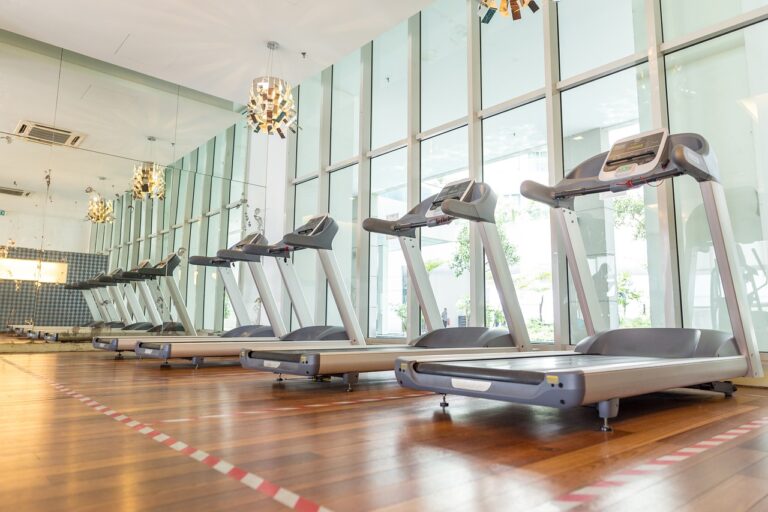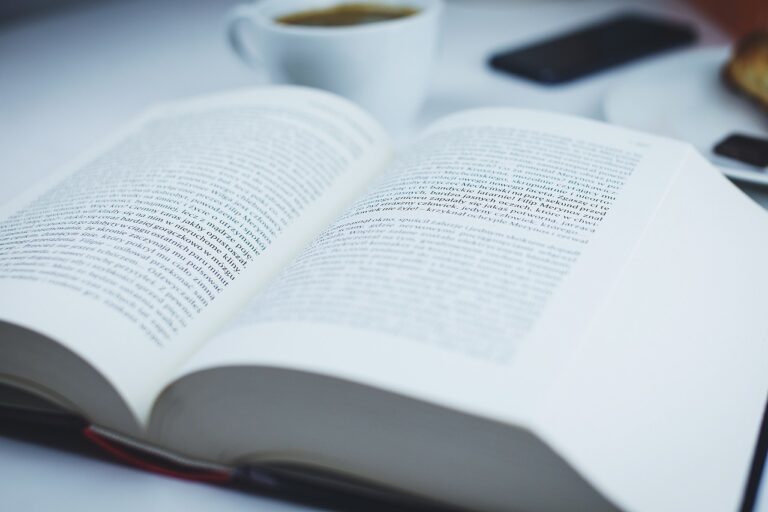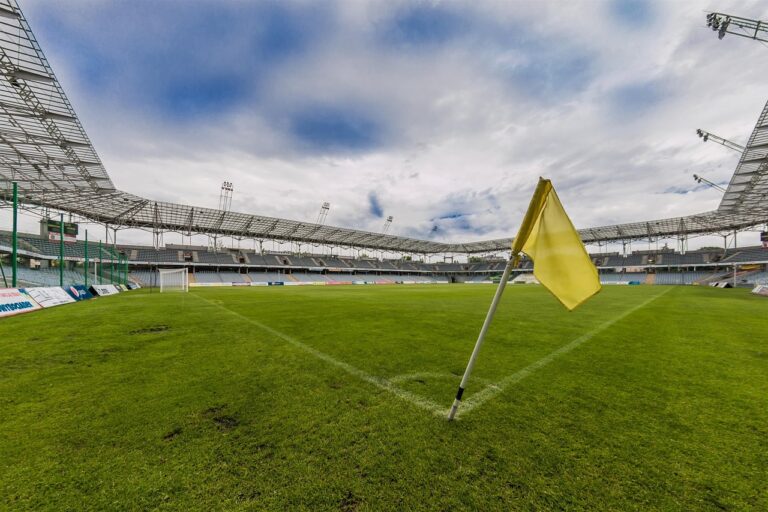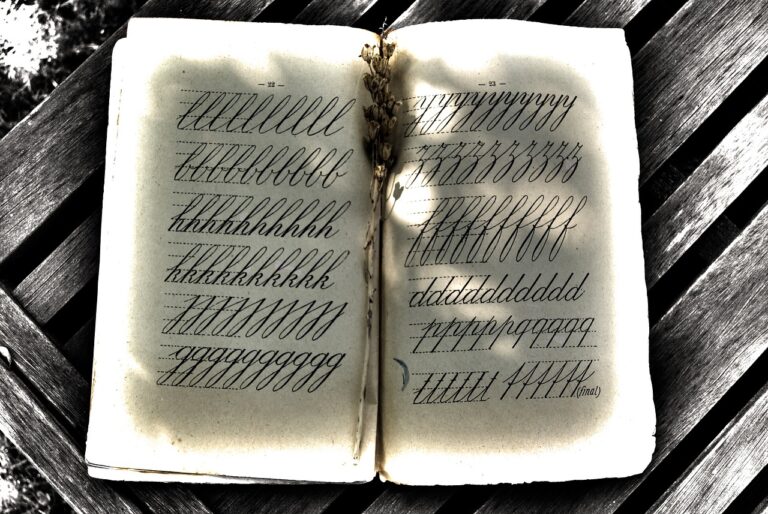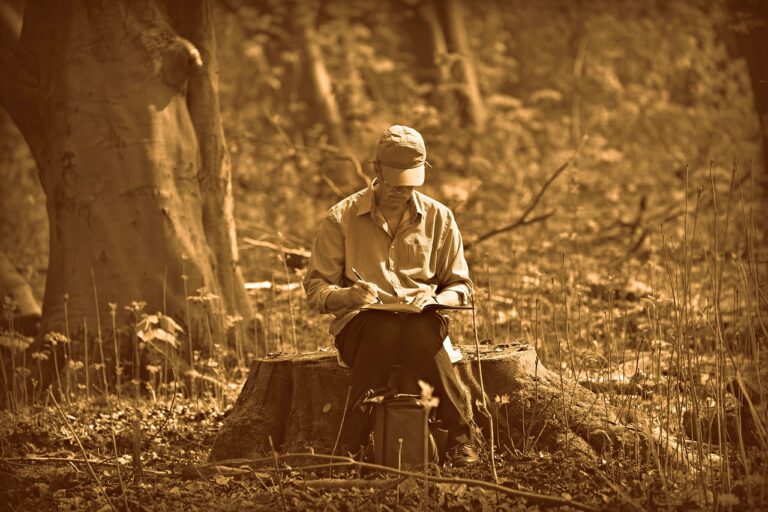Exploring the Benefits of Experiential Learning in History Education
Experiential learning in history education offers students a hands-on approach to connecting with the past. By actively engaging in historical simulations, field trips, and interactive projects, students can develop a deeper understanding of key historical events and eras. This immersive learning experience not only makes history more tangible and relatable but also fosters a sense of connection to the past that goes beyond rote memorization.
Furthermore, experiential learning in history education encourages students to think critically about primary sources and historical contexts. By analyzing authentic artifacts, engaging in debates, and participating in role-playing activities, students are prompted to question, evaluate, and interpret historical information. This process of inquiry and analysis not only strengthens critical thinking skills but also cultivates a lifelong curiosity about the complexities of history.
The Impact on Critical Thinking Skills
Experiential learning in history education plays a crucial role in fostering critical thinking skills among students. By engaging in hands-on activities, such as reenactments or analyzing primary sources, learners are challenged to think analytically and reflect on various perspectives. This active involvement in the learning process prompts students to question and evaluate historical events, leading to the development of higher-order thinking skills.
Furthermore, the immersive nature of experiential learning encourages students to connect the past with the present, fostering a deeper understanding of the relevance and impact of historical events. Through engaging in experiential activities, learners are able to draw parallels between different time periods, critically assess the consequences of past actions, and develop a more nuanced perspective on history. This cultivation of critical thinking skills not only enriches students’ academic experience but also equips them with valuable analytical abilities that can be applied across various disciplines.
• Experiential learning in history education promotes critical thinking skills
• Hands-on activities challenge students to think analytically and reflect on perspectives
• Active involvement prompts questioning and evaluation of historical events
• Connecting the past with the present enhances understanding of relevance and impact
Moreover, experiential learning in history education helps students develop empathy and perspective-taking abilities. By immersing themselves in historical contexts through reenactments or simulations, learners are able to empathize with individuals from different time periods and understand their motivations and challenges. This ability to see events from multiple viewpoints fosters a more holistic understanding of history and encourages students to consider the complexities of human experiences throughout time.
Additionally, experiential learning encourages students to think creatively when analyzing historical information. Through activities such as creating timelines, maps, or multimedia presentations, learners are prompted to synthesize information in innovative ways. This creative approach not only deepens their understanding of historical concepts but also enhances their problem-solving skills and ability to communicate complex ideas effectively.
• Experiential learning promotes empathy and perspective-taking abilities
• Immersion in historical contexts allows for understanding different viewpoints
• Creative analysis through various activities enhances problem-solving skills
Enhancing Retention of Historical Knowledge
Experiential learning in history education has been recognized as a powerful tool for enhancing the retention of historical knowledge. By actively engaging students in hands-on activities, such as visiting historical sites, participating in reenactments, or handling primary source documents, educators can create more memorable and impactful learning experiences. These immersive experiences help students establish stronger connections with historical events, figures, and concepts, leading to better retention of the material.
Moreover, experiential learning also encourages students to actively reflect on and apply the historical knowledge they have gained. By engaging in discussions, debates, or projects related to their experiential learning activities, students are able to deepen their understanding of history and solidify their retention of key information. This reflective process helps students internalize historical knowledge more effectively, making it more likely to be retained and recalled in the future.
What are the benefits of experiential learning in history education?
Experiential learning in history education can bring history to life for students, making it more engaging and memorable. It allows students to experience historical events firsthand, leading to a deeper understanding and appreciation of the past.
How does experiential learning impact critical thinking skills?
Experiential learning in history education encourages students to think critically about the events they are experiencing. It requires them to analyze information, draw connections between past and present, and evaluate different perspectives, all of which enhance their critical thinking skills.
How can experiential learning contribute to enhancing the retention of historical knowledge?
Experiential learning has been shown to improve retention of historical knowledge by providing students with vivid and memorable experiences that are more likely to stick in their minds. By engaging multiple senses and emotions, experiential learning helps students create stronger connections to the material, leading to better retention.


